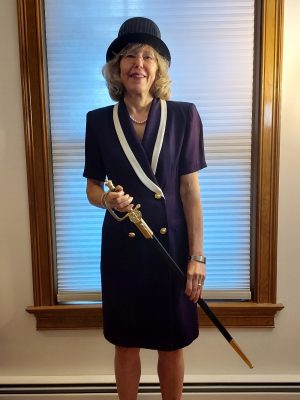The Department of Physics is hosting UConn-NSF summer school on Parton Saturation and Electron Ion Collider (EIC). The School will take place in Storrs, from August 1 to August 10, 2023. The school chair is Professor Alex Kovner. The school website can be found at https://www.phys.uconn.edu/Conferences/saturation-eic/.
The Electron-Ion Collider is the next big experiment in high-energy nuclear physics. It is going to address a plethora of questions about the structure of protons and nuclei. One of the main exciting phenomena that it is intended to clarify is the manifestations of parton saturation. This has been predicted to occur in hadrons at high energy as well as in nuclei at lower energies. Although tantalizing hints of saturating behavior have been observed at Relativistic Heavy Ion Collider (RHIC) in Brookhaven National Lab and the Large Hadron Collider (LHC) at CERN, no cut-and-dry experimental case has been made for it yet. We hope that the experiments on nuclei at EIC will provide a convincing case for saturation. Another important aspect of EIC physics is scattering on polarized proton beams, which should improve our understanding of the so-called “proton spin crisis”.
The school is intended to graduate students and postdocs who want to extend their physics horizons or plan to pursue research in this or related areas. A preliminary list of lecturers at the school includes A. Mueller (Columbia), O.Hen (MIT), N. Armesto (Santiago de Campostela), A. Dumitru (CUNY, Baruch College), Yu. Kovchegov (Ohio State), L. Jin (UConn), V. Skokov (North Carolina State), B. Schenke (BNL). The schedule of lectures is available on the school website at https://www.phys.uconn.edu/Conferences/saturation-eic/
